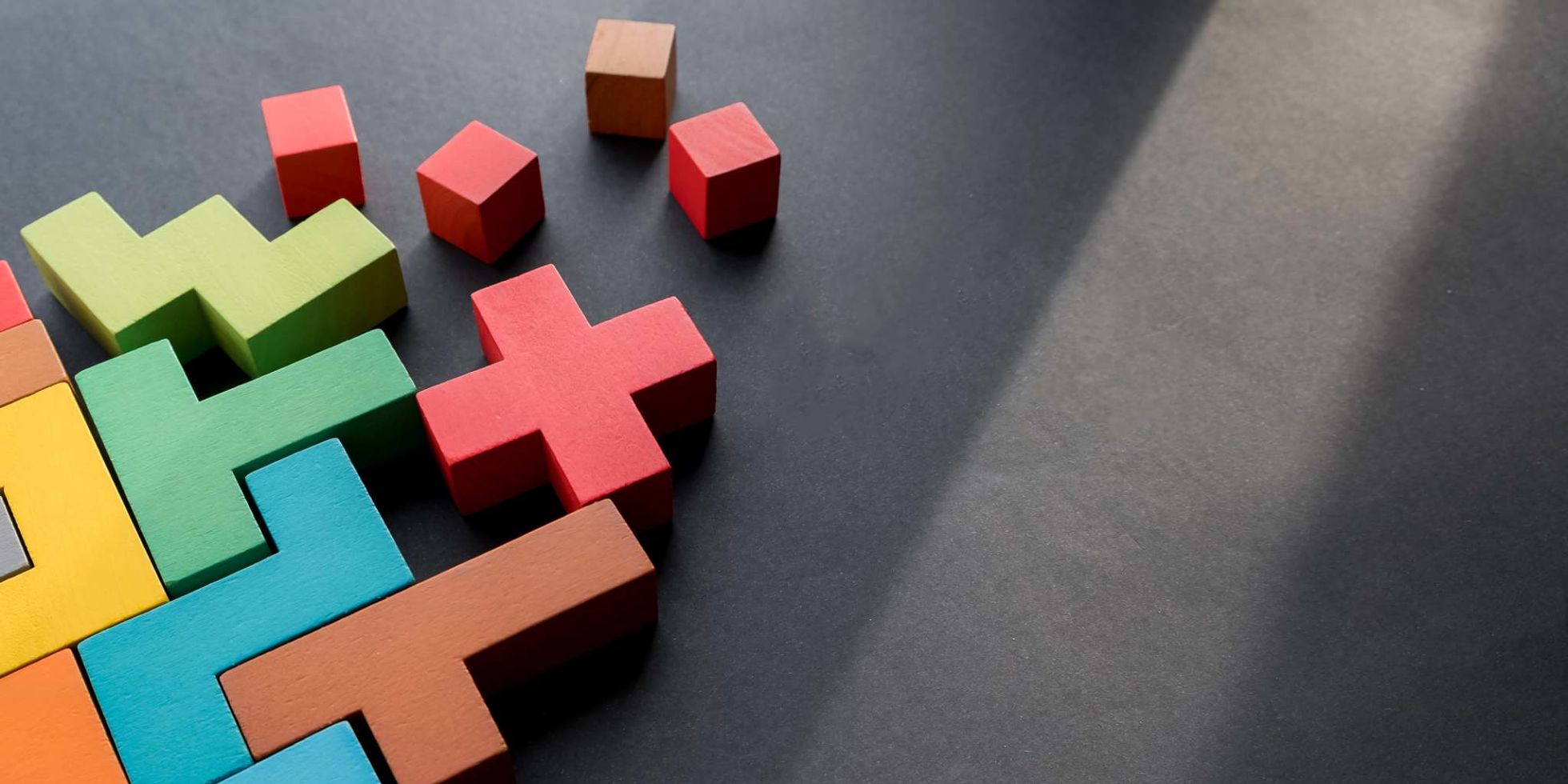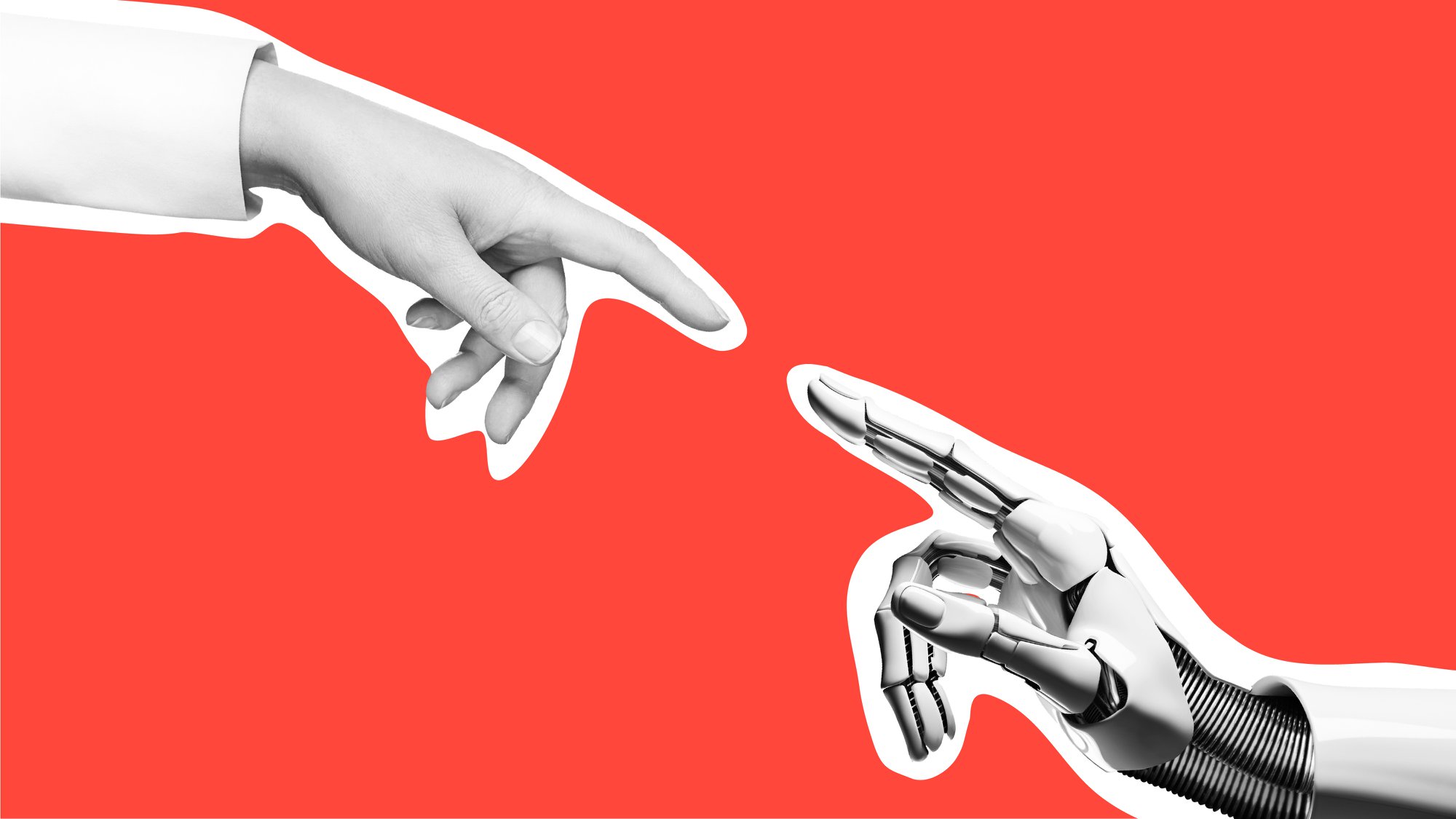Irrational people, making irrational decisions about what they do, and not really knowing why

People are not rational or logical. We do not make perfect decisions. In many cases we make the easiest decision. Often, we don’t even know ourselves why we make certain decisions. We look at why your communications, plans and creative need to consider an irrational workforce and consider habits, shortcuts, small details and nudges.
A few weeks ago, I spent a fascinating (and equally disturbing) day immersed in the nuts and bolts of behavioural economics with Anthony Tasgal.
Behavioural economics is the study of human decision-making, how judgements and perceptions work and the distortions in human behaviour due to biases which happen regardless of culture or background. I first stumbled across behavioural economics reading about the Government’s Behavioural Insights Team, or the ‘nudge unit’. It was established in 2010 by the Coalition Government and aims to use the theories of behavioural economics to improve the public’s health, wealth and happiness.
I was interested because I find it fascinating working out why people behave the way they do, but also because I thought there would be masses for me to learn to apply to my work here at The Team. What our clients want us to do is to help them change how people behave and help to change how people do what they do day in and day out. Whether that is to think differently about how you do customer service, or to behave differently so that a customer feels the values they expect of a brand in every experience.
I now have a whole new perspective on how we approach what we do. It’s given me a slew of questions to challenge ourselves with.
The day really brought home to me that – like the economists before us – communicators who go for rational are missing the point. People are not rational or logical. We do not make perfect decisions. In many cases we make the easiest decision. Often, we don’t even know ourselves why we make certain decisions. So, banging on with the rational arguments won’t always win out. In fact, I came away from the day thinking that rational arguments are unlikely ever to win – people decide and then buy into the rational reasons why afterwards. People like to have excuses for the decisions they have made.
Of course, there is a role for rational messaging. But people are as likely to be swayed by that as they are to be swayed positively because we spoke to them while they were holding a warm cup of coffee (this is a thing). Or, they could smell freshly baked bread. Or, negatively, because they didn’t like your shoes (principle at play: small details).
I learnt about 12 key principles of behavioural economics but will explore just a couple below.
The primacy of emotion
There are six universal emotions: happiness, sadness, fear, disgust, surprise and anger. A good exercise is to frame your challenge through each of those. What would you do to play on each of those emotions? For example, if you wanted to grow participation in an online talent community your approach would be very different if you aimed to surprise your audience, compared with making them happy, or give them FOMO – fear of missing out. It’s a useful exercise to explore your messaging and tactics.
Choice architecture and framing
How we frame the choices for people is of supreme importance. The brilliant example shared was Rolls-Royce who reframed the purchase on one of their luxurious cars by exhibiting at boating and yachting shows – alongside yachts which cost many multiples of a Rolls-Royce; it suddenly makes the Rolls-Royce look positively reasonable. Marks & Spencer reframed their ready meals (synonymous with dreary post-work Wednesdays) as Dine in for £10. They framed the meals alongside a meal in a restaurant (dine in, or out?). And suddenly, a sort-of-restaurant experience looks like excellent value at £10. How are you framing your organisation to potential talent? Are you ‘just another tech consultancy’, or are you a federation of start-ups?
Social animals
We are social animals, and we mostly want to fit in; we make decisions – often subconsciously – which mean that we conform with the herd. This can work with and against organisations. When a culture supports questionable behaviour, when that is just ‘what we do around here’ then people will conform. Which can be why serious culture change can be so difficult. In hindsight, I can see that the reason our YES Check for RBS was so successful was because it distilled what seemed like overly complicated decisions into five simple yes/no answers, and gave a framework to stop, and think critically about decisions being made. Those questions placed the decision in the wider context of the impact that decision could have on the bank’s customers and their reputation. The principles at play here were chunking – making it simple, context, and emotion – the fear of getting it wrong.
The next time you’re reviewing your brand communications, your plans, your creative – consider whether you have thought about what your irrational workforce will make of it. Try and park the rational, and think habits, shortcuts, small details and nudges. How are you making it easy for people to do what you are asking? How are you lightening the mental load and nudging them towards new habits? Think differently about what you do, because most of the time, we’re not thinking at all.
A big thank you to Anthony Tasgal for the great session on Behavioural Economics, for sharing his wisdom and making me question our entire justice system and the concept of free will.





